Like other states, Pennsylvania allows parents to sign an Acknowledgement of Paternity form instead of having to go through the formal process of establishing paternity. The formal process involves a court proceeding and DNA testing.
The most important thing to remember about the Acknowledgement is that it is a legal binding document that has permanent consequences. Neither person has to sign the document. If a Harrisburg resident has doubts or questions when deciding to do so, he or she should consult an attorney.
The Acknowledgement of Paternity can make the man the child’s legal father
If both parents sign the document, then the man is in the eyes of Pennsylvania law the father of the child.
He has the right to have a relationship with the child just as if he were legally married to the child’s mother, and this right includes the right to parenting time and to be considered for custody on an even playing field with the child’s mother. Reflecting this right, the man’s name will appear on the child’s birth certificate.
On the flip side, the man will owe the child a duty of support, which means he may have to pay regular child support to the child’s mother.
If the mother declines to sign the Acknowledgement, the man may still sign and thereby guarantee he will get notice should a court consider terminating his parental rights. If he wants additional rights, he will have to establish paternity through the formal process.
Either person can revoke his or her signature within the first 60 days of signing the Acknowledgement with no long-term consequences. Once that window of time closes, the Acknowledgement is a final legal determination.
An Acknowledgement of Paternity does not go into specifics
Harrisburg parents should also remember that the Acknowledgement of Paternity is not a detailed document.
It does not actually set out the proper amount of child support and it does not make any specific decisions about parenting time, custody and other child-related matters. The couple will have to take such matters in front of a judge at least to get them approved. If there is a dispute, the court may have to hold a hearing.


